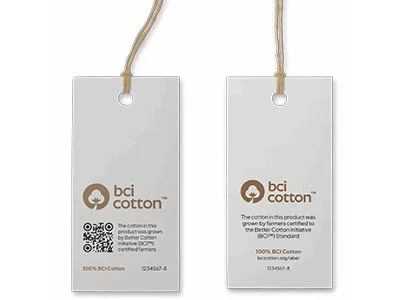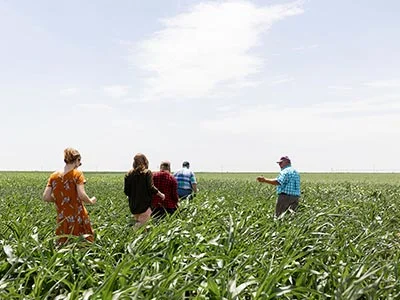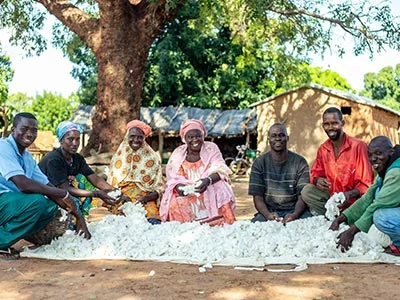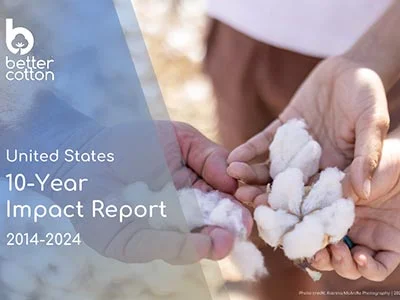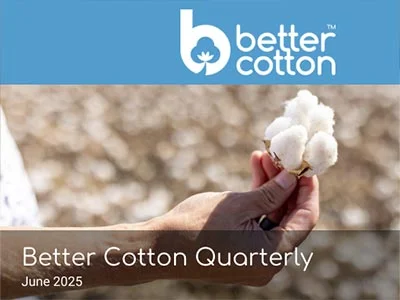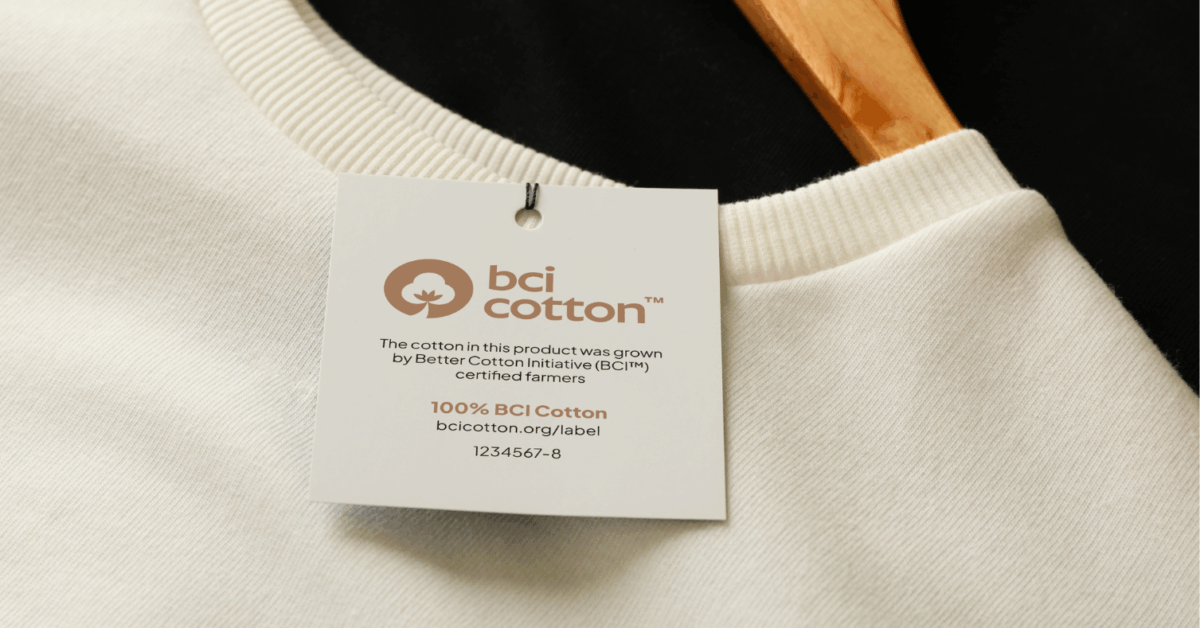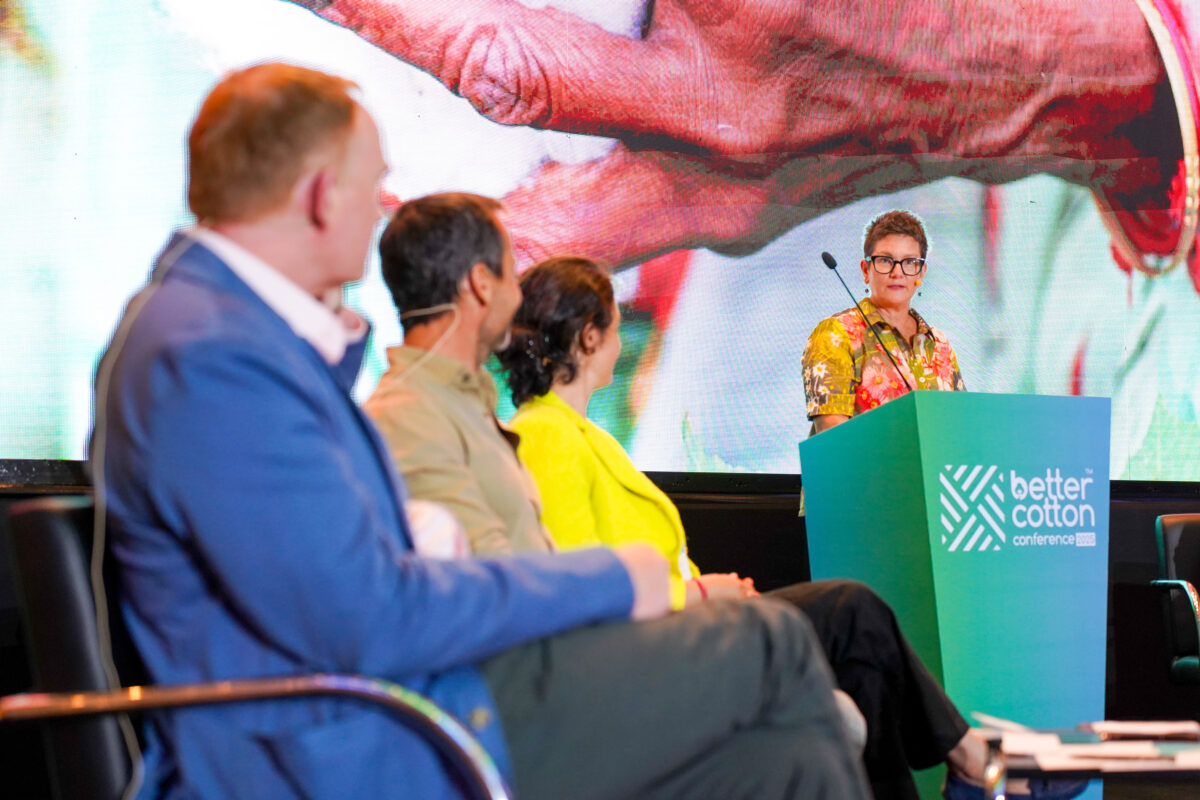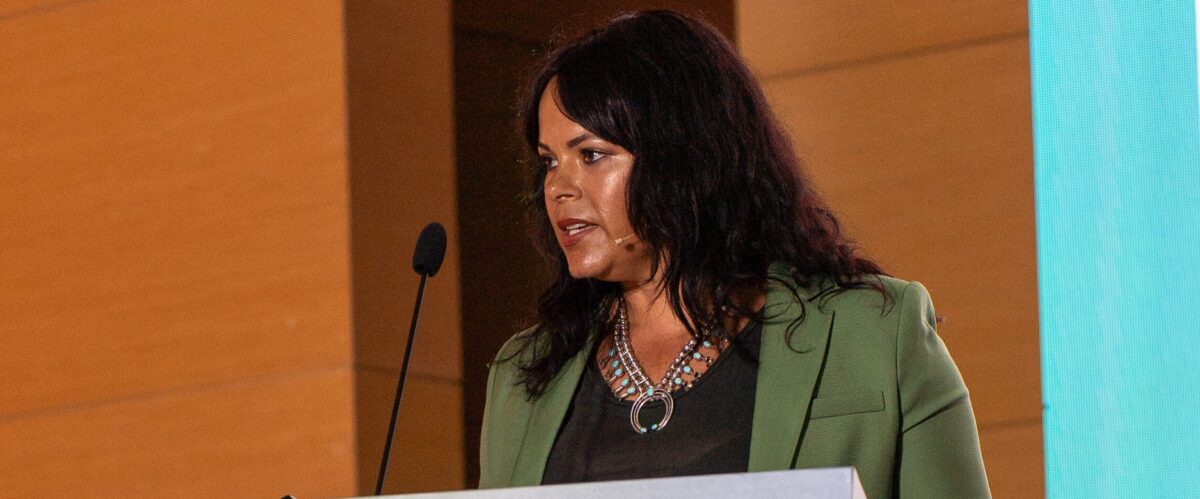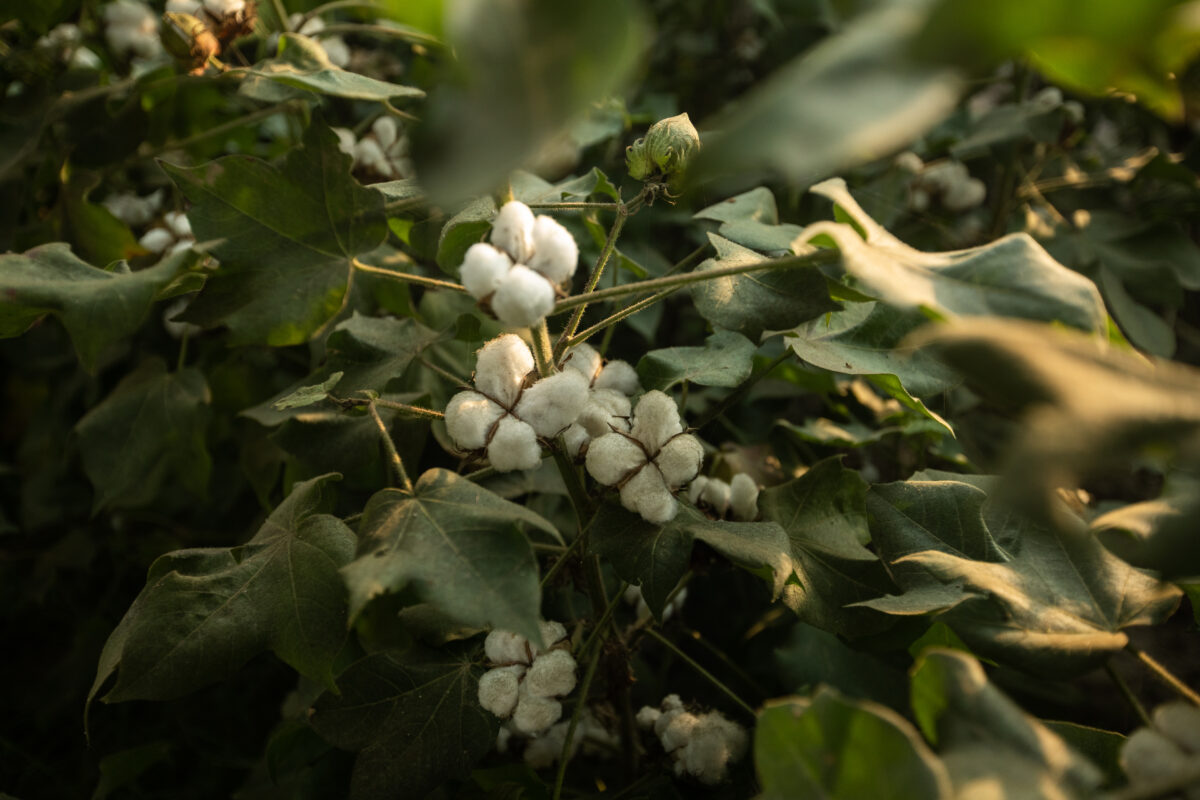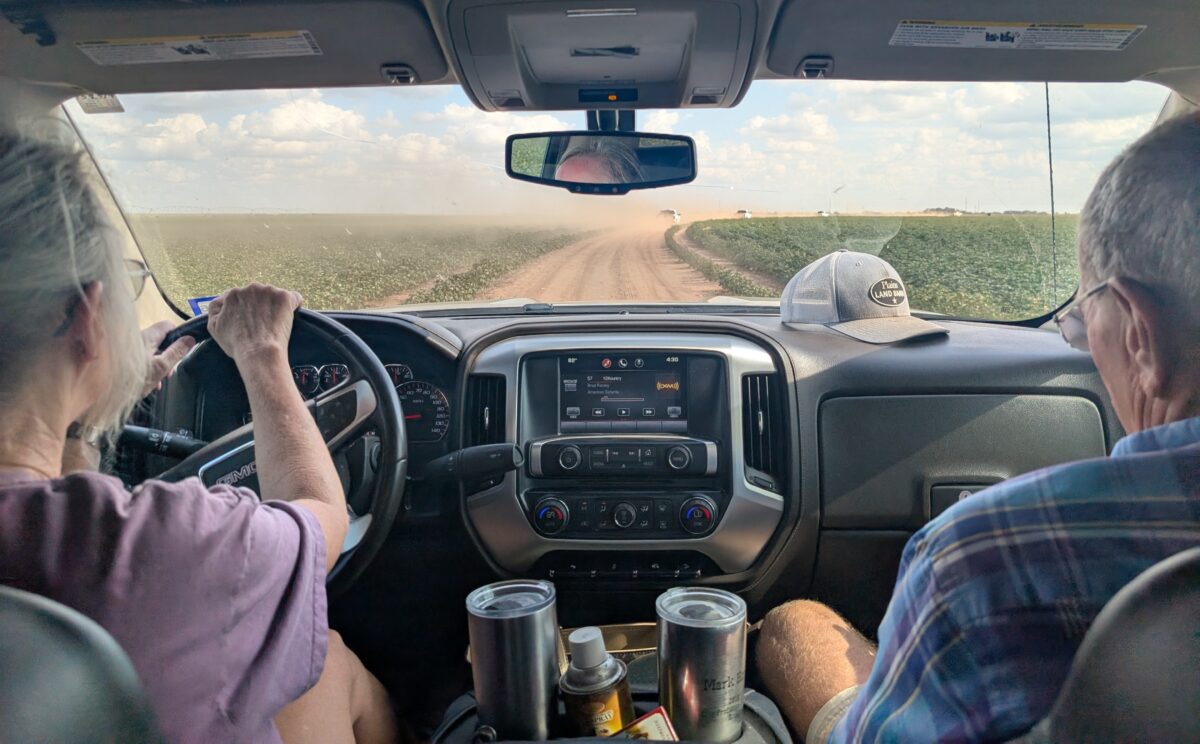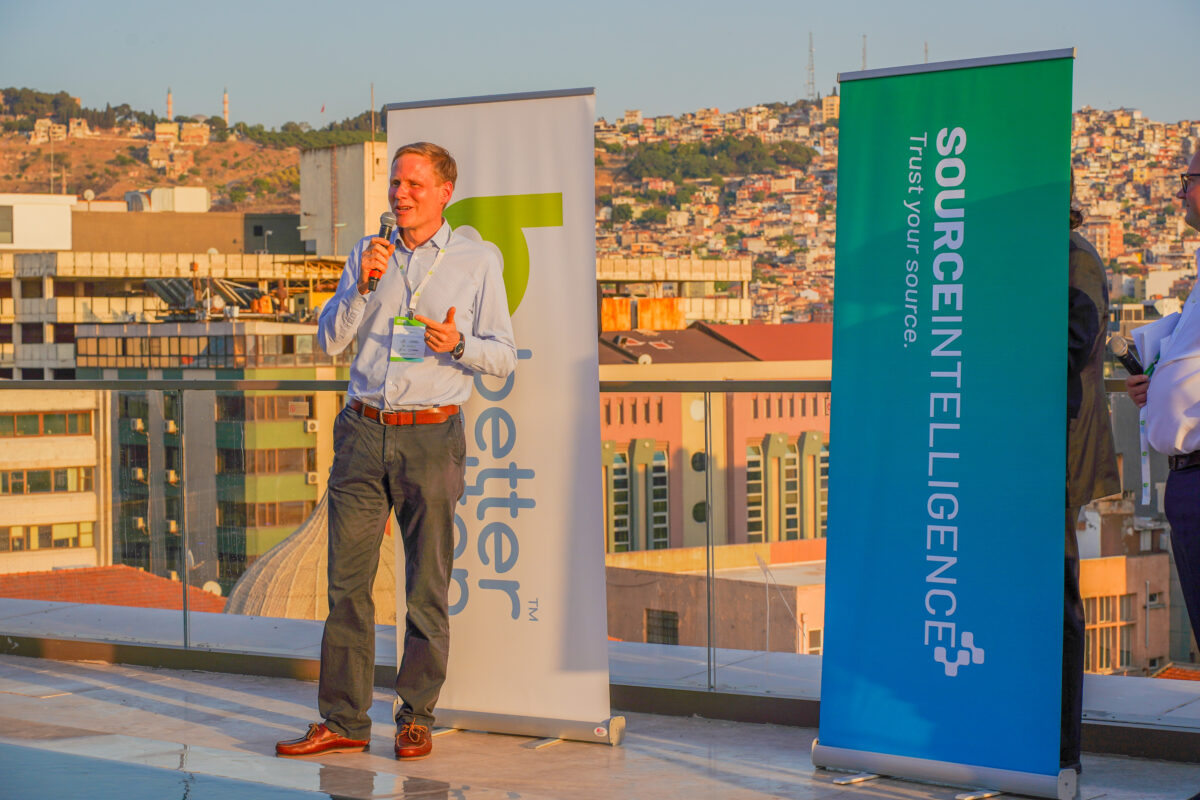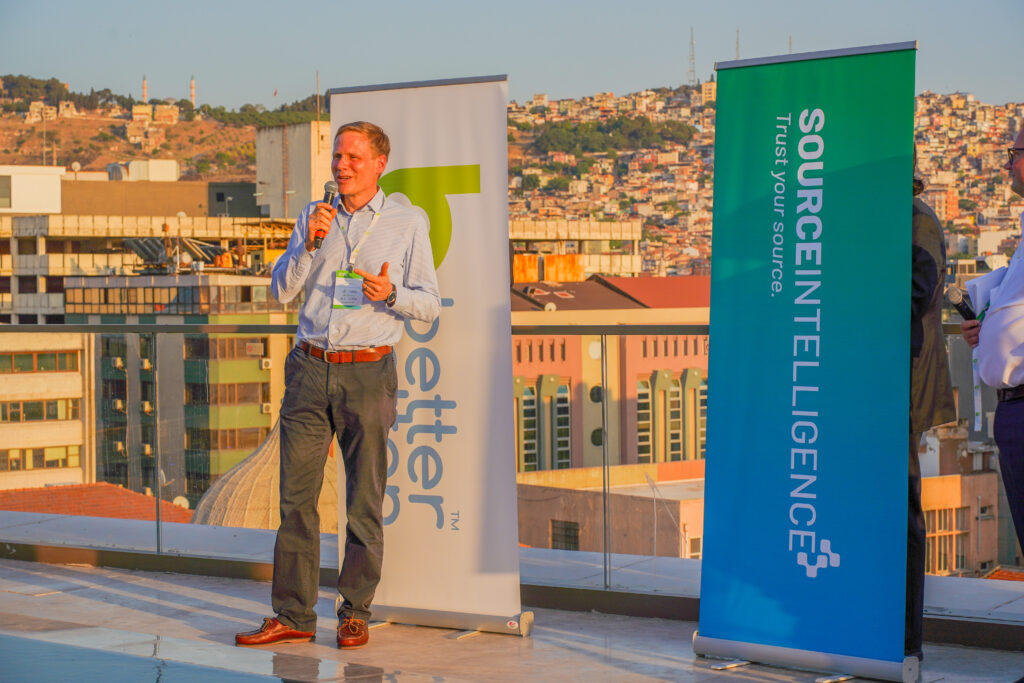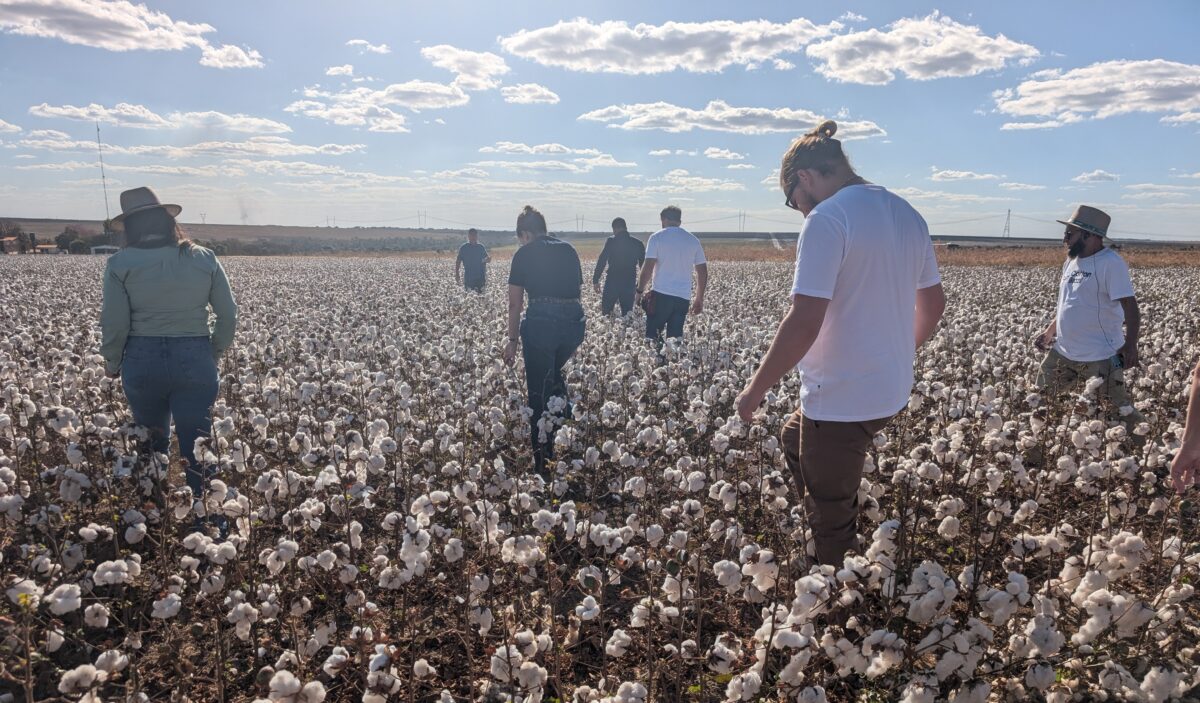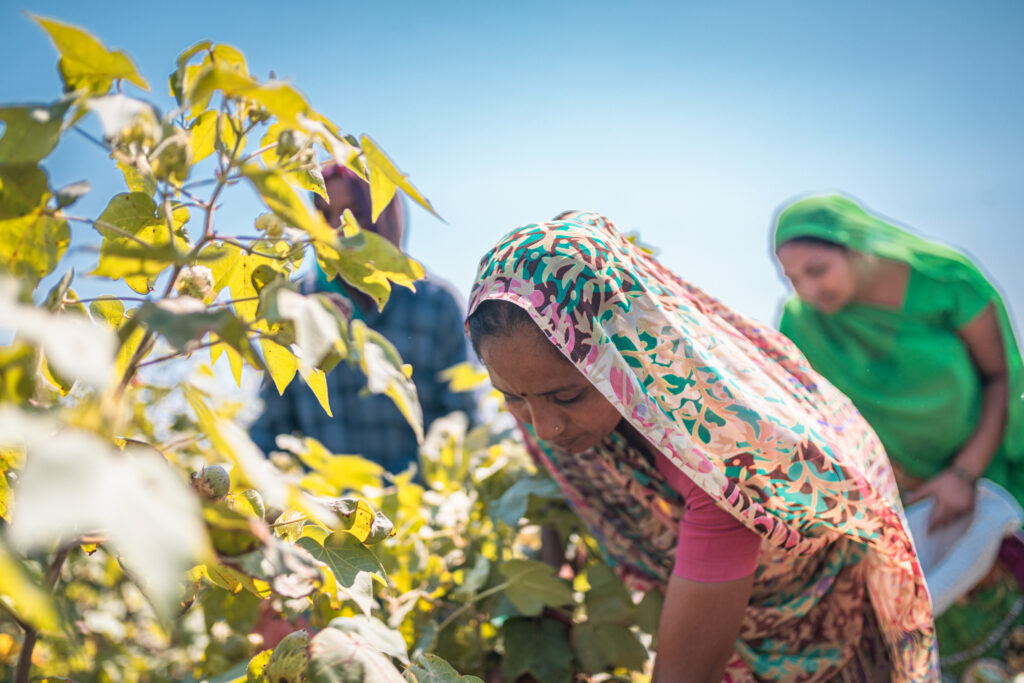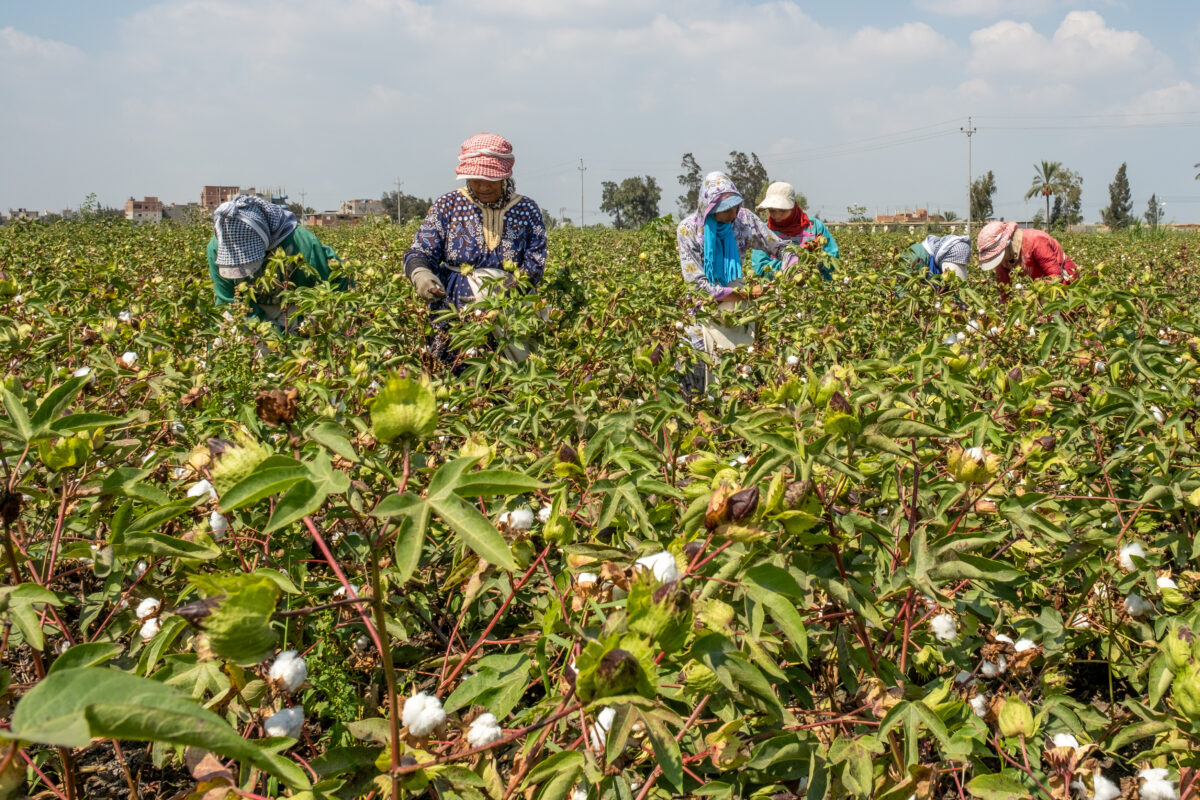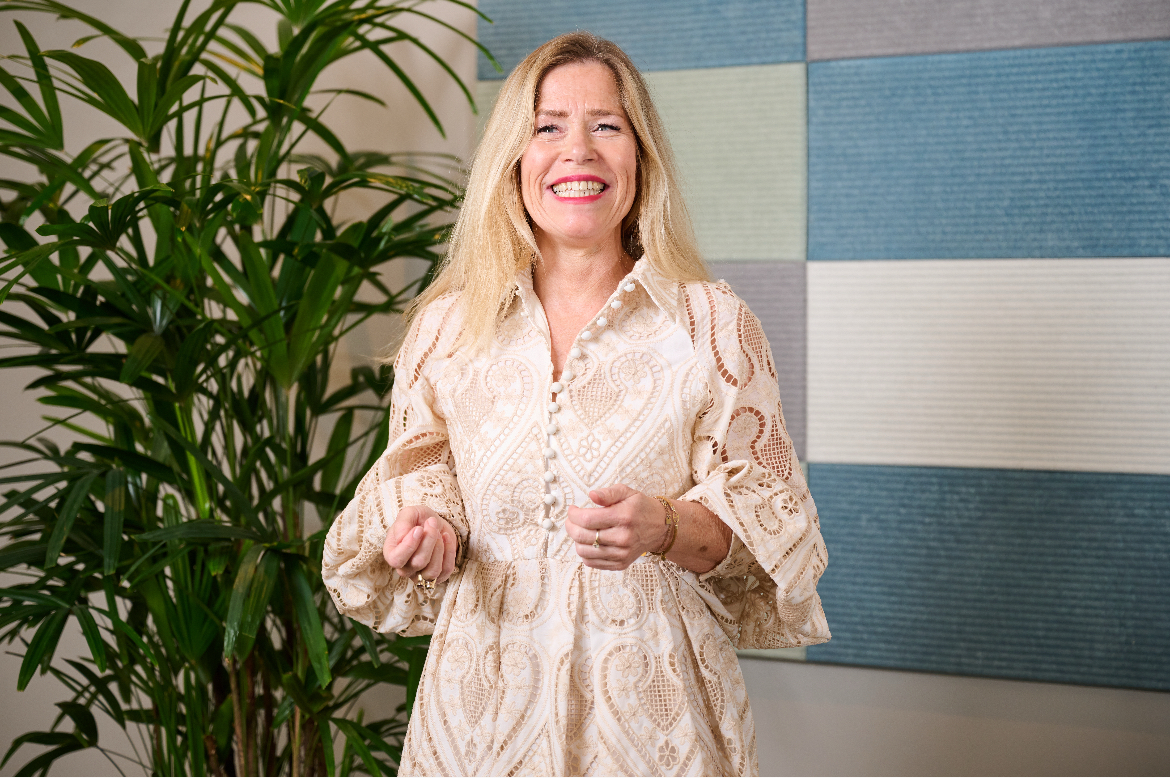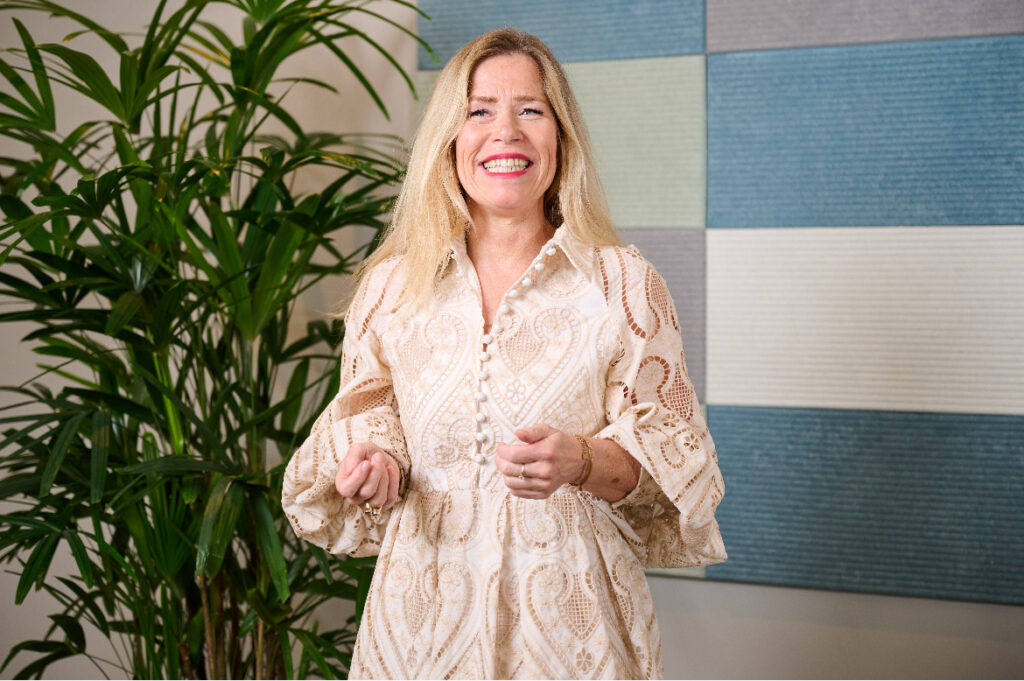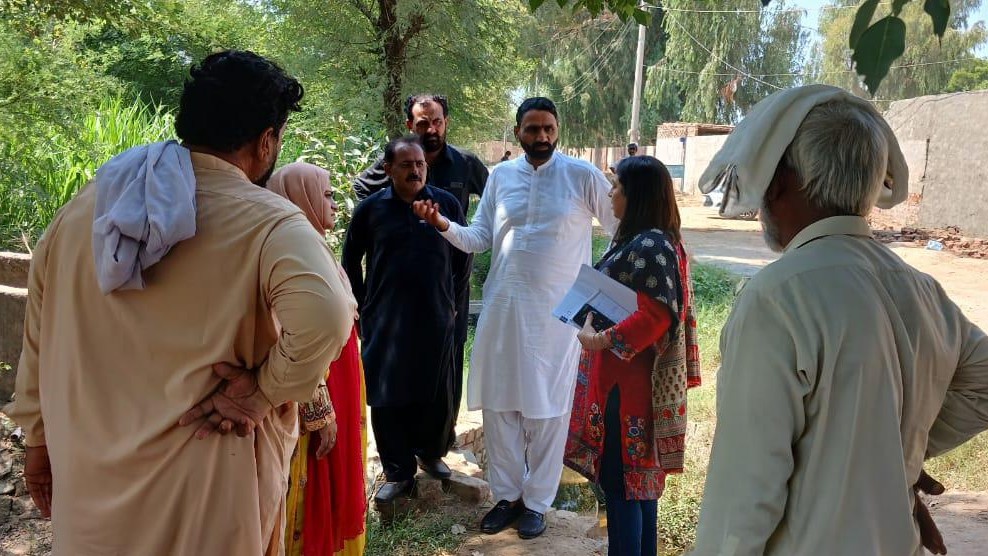Better Cotton Initiative Marks World Cotton Day With Launch of Innovative Product Label


The Better Cotton Initiative (BCI) has launched an innovative product label for the fashion and textile sectors which allows retailer and brand members to provide consumers with greater clarity about the origin and percentage of BCI Cotton in their products.
The new label, launched on this year’s World Cotton Day, will enable retailers and brands to claim with confidence that their products contain physical BCI Cotton, certified by a third-party body, that has been traced from its country of origin. The label is expected to gradually arrive in stores in the coming months.
Nick Weatherill, CEO at the Better Cotton Initiative, said: “In a time of increasing scrutiny around sustainability claims, global trade pressures, and shifting Environmental, Social, and Governance (ESG) priorities, transparency and accountability are more critical than ever.
“As we celebrate World Cotton Day, our new label reaffirms our commitment to both, as part of our mission to drive measurable impact and continuous improvement in sustainability across the cotton sector.”
Alongside the launch of the new label, the organisation has announced that as part of a refreshed brand identity, it will call itself the Better Cotton Initiative (BCI), a move that provides more clarity to both its institutional identify and the cotton it sources, now to be called BCI Cotton. The new label and brand come as the Better Cotton Initiative publishes its 2024/2025 Annual Report, highlighting the impact of its programmes over more than 15 years in driving environmental, social, and economic improvements in cotton farming. This impact includes:
- Improving incomes for more than 650,000 licensed farmers;
- Reducing synthetic nitrogen use per kilogram of cotton produced across 2.15 million hectares of land, supporting 700,000 farmers;
- Championing women in cotton by training more than 575,000 female farmers or workers as part of capacity strengthening activities;
- Reducing the volume of synthetic pesticide applied per hectare for more than 788,000 licensed farmers. 81% of our licensed farmers do not use Highly Hazardous Pesticide (HHP).
Nick Weatherill added: “These results represent real change in cotton farming communities around the world. Both our new label and annual report are more than updates, they are evidence of our steadfast determination to catalyse and scale sustainable practices in cotton production. We are proud of our progress but also recognise there is much more to do. Time is of the essence, and with our multistakeholder membership and network of field-level partners, I’m confident we will rise to the challenge.”
Notes to Editor
- To align with the organisation’s label launch, Better Cotton has now rebranded to the Better Cotton Initiative (BCI) to clarify to new audiences the scope of its work.
- The change makes a clearer distinction between the organisation and its commodity, both formerly known as ‘Better Cotton’. The cotton sourced through the Better Cotton Initiative is now called BCI Cotton.
- For more information and interview requests, please contact Chris Remington ([email protected]).
Label Launch
- The new label reflects that farms, suppliers, retailers, and brands have been certified against either our field-level standard or our Chain of Custody Standard.
- Farm certification is assessed against BCI’s field-level standard and the organisation’s Principles & Criteria, while supply chain certification is assessed against BCI’s Chain of Custody Standard.
- The label is optional for certified BCI Retailer and Brand Members and can only be used on products which contain a minimum percentage of 30% Physical BCI Cotton (cotton sourced through our traceability programme), while the remaining 70% cannot contain any other source of cotton, only other materials. Physical BCI Cotton refers to cotton that has been traced back to its country of origin using the organisation’s traceability solution.
- Besides Physical BCI Cotton, the Better Cotton Initiative also operates a mass balance chain of custody model – a system widely adopted by sustainability initiatives to scale impact. Under this model, cotton from certified farms may be mixed with conventional cotton in the supply chain, meaning that the physical origin of the cotton in a specific product cannot be guaranteed. BCI’s previous mass balance product label, which indicated a brand’s support for BCI even if there wasn’t BCI Cotton in the product, is being discontinued.
Annual Report
- BCI’s new annual report covers field-level activities from the 2023-24 cotton season.
- BCI Cotton now accounts for 23% of global production, up from 22% in the previous annual review.
- Around 1.4 million licensed farmers produced 5.6 million metric tonnes (MT) of BCI Cotton across 15 countries, while more than 1.63m cotton farmers received training.
- The reduction in licenced farmers since the past season stems from the conclusion of the organisation’s strategic agreement with the Cotton Made in Africa (CMiA) initiative.
- Despite this, BCI’s market share has increased in the past season because of production volume increases in countries like Brazil.
- To read the BCI’s 2024-25 Annual Report, visit: Better Cotton Annual Report – Better Cotton
About
The Better Cotton Initiative (BCI) is the world’s largest cotton sustainability organisation, supporting farming communities to survive and thrive, while protecting and restoring the environment. BCI convenes a global multistakeholder network of farm-level organisations, brands, government bodies, civil society and industry organisations and supply chain actors to promote the supply and demand for cotton produced with sustainable practices. Over the past 16 years, BCI has aligned more than a fifth of the world’s cotton with our farming standard, channelled €200 million to cotton-growing communities and helped supply chain actors towards their sustainability goals.
Read more





